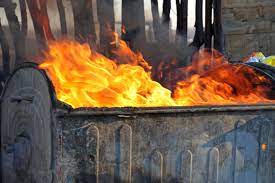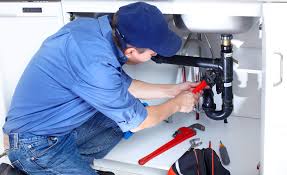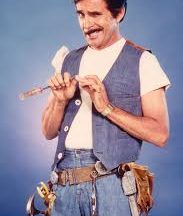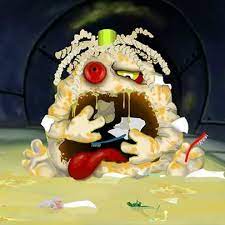 January 2022
January 2022
A sizeable wad of grease and sanitary products blocked up a sewage trunk line in Moose Jaw, putting toilets across half the city at risk of backup. The blockage obstructed water flow and impacted on the nearly 15,000 people whose sewage drains into the trunk line. By the time it was noticed, this blockage had filled up manholes and backed up toilets.
This deposit of grease and oil mixed in with rags, wet wipes and other solids that don’t break down well in the system is known as a fatberg. City crews used water jets and a giant vacuum to break it up.
The largest fatberg was found in London, England, and weighed an estimated 40 tons.
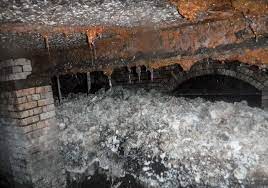 Preventing these blockages requires that residential and commercial properties stop disposing of oils, fats and grease in drains. Pouring food cooking product into a drain and running hot water allows everything to collect in the main sewer lines. This eventually solidifies as its temperature drops. Feminine hygiene products and wet wipes in drain systems is another common problem. These items along with food scraps and gravy should always be disposed of in ways that don’t involve drains and sewer lines.
Preventing these blockages requires that residential and commercial properties stop disposing of oils, fats and grease in drains. Pouring food cooking product into a drain and running hot water allows everything to collect in the main sewer lines. This eventually solidifies as its temperature drops. Feminine hygiene products and wet wipes in drain systems is another common problem. These items along with food scraps and gravy should always be disposed of in ways that don’t involve drains and sewer lines.
An obstruction in high-rise building pipes, before it reaches city pipes, is likely to block up drainage systems causing sewage and water to back up through sinks, floor drains and toilets. Water overflows can cause damage to your home and those of your neighbours.
 Not everything that goes down the drain makes it through the pipe. Protect your home by taking care with what goes down your drain.
Not everything that goes down the drain makes it through the pipe. Protect your home by taking care with what goes down your drain.


